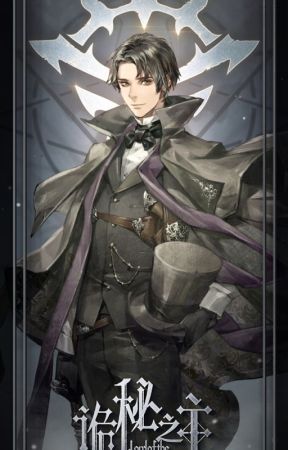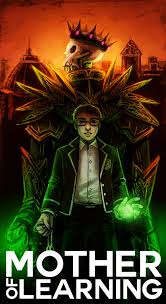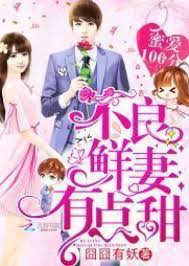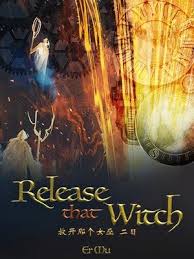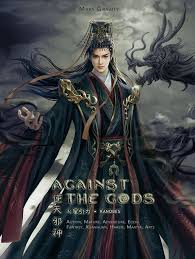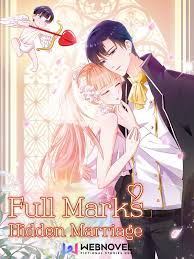The Story in 3 Sentences
Zhou Mingrui dies in modern China only to awaken in a gaslit, steampunk world as Klein Moretti, a young man who just took his own life, thrust into a reality where truth is buried beneath layers of occult secrecy and cosmic dread.
He enters the ranks of the Nighthawks, a supernatural police force, while secretly founding the Tarot Club—a hidden network that investigates the mysteries of Beyonders, ancient entities, and the terrifying Sequence system that governs power through elixirs and descent into madness.
As Klein ascends through ritual, sacrifice, and unbearable loss, he walks the razor’s edge between humanity and divinity, uncovering not just the truth behind his transmigration, but the fractured nature of reality itself.
Why It Stands Out
1. The Occult Stock Exchange of Souls
The Sequence system isn’t just a ladder of power—it’s a meticulously structured economy of transcendence. To ascend, Beyonders must drink potions made from the remains of extinct mythical creatures, follow strict rituals, and avoid the creeping corruption that warps mind and body. Each step is a calculated risk, like investing in a stock that might bankrupt your soul. This fusion of biological alchemy, psychological strain, and spiritual hierarchy transforms cultivation into something eerily close to real-world systems of labor, class, and capital. It’s not enough to be strong—you must be precise, patient, and prepared to lose yourself.
2. A Hero Who Hides Behind a Name
Klein Moretti doesn’t wear his heroism on his sleeve. He’s cautious, analytical, emotionally restrained—haunted by the knowledge that one misstep could mean death or worse, possession by an alien consciousness. His growth isn’t marked by roaring victories but by quiet decisions: when to lie, when to retreat, when to sacrifice someone he cares about for the greater good. Unlike typical protagonists who grow louder with power, Klein becomes more silent, more layered, wearing personas like masks—“Mr. Fool” in the Tarot Club, “Detective Moretti” in Tingen City, “Zhou Mingrui” only in the privacy of his grief. This psychological realism makes him not just compelling, but profoundly human in a world that demands inhumanity.
3. A World That Whispers Your Name
“Lord of the Mysteries” doesn’t just build a world—it builds a mood. Gaslit streets, ticking clocks, whispered prayers, and the ever-present hum of something just beyond perception. The setting is a Victorian industrial society where steam engines coexist with divine artifacts, where newspapers report on both labor strikes and eldritch plagues. The narrative leans into Lovecraftian horror not through grotesque monsters alone, but through the slow erosion of certainty: Can you trust your memories? Your senses? The voice in your head? The world feels alive with secrets, each alleyway and scripture hiding a clue to a puzzle that may have no solution. It’s a mystery novel first, a fantasy second, where every chapter peels back a layer only to reveal something darker beneath.
Characters That Leave a Mark
There’s Roselle – the other transmigrator from Earth, whose cryptic diary becomes a lifeline for Klein, yet whose motives remain shrouded in ambiguity, leaving readers to wonder if he was a savior, a manipulator, or a man who broke under the weight of too many truths.
You’ll meet Inspector Buie, the grizzled leader of the Nighthawks, whose quiet strength and unwavering sense of duty anchor Klein in the early days, only to meet a fate so brutal it redefines what sacrifice means in this world.
Then there’s Alger, not just a rival, but a mirror to Klein—another man shaped by loss, navigating the same currents of power and deception, whose choices diverge not from morality, but from circumstance, making his path both tragic and inevitable.
And Lady Nalia? She’s the one who wields divine authority with chilling elegance, a high-ranking official of the Church of the Evernight Goddess, whose loyalty to faith and nation forces her into impossible positions, revealing how even the righteous are complicit in the machinery of control.
The Flaws Fans Debate
The early chapters are undeniably slow, with dense exposition on potion recipes, ritual requirements, and social hierarchies that can overwhelm new readers unfamiliar with progression fantasy mechanics.
Some fans argue that the emotional payoff often comes too late, with character arcs stretched over hundreds of chapters, making it difficult to stay invested during long stretches of investigation and preparation.
Others point out that action scenes, while impactful, are rare and often resolved through strategy or escape rather than combat, which may disappoint readers seeking traditional martial or magical battles.
There’s also criticism that the cosmic horror elements, while thematically rich, sometimes dilute the personal stakes, making the narrative feel distant when it dwells too long on abstract entities and metaphysical rules.
Must-Experience Arcs
Ch. 1–350: The Tingen City Arc – Klein awakens as Moretti, joins the Nighthawks, and begins navigating the occult underworld, solving localized mysteries while uncovering clues about his predecessor’s death and the nature of transmigration.
Ch. 351–900: The Tarot Club and Rising Conspiracies – Klein establishes the Tarot Club under the identity of “Mr. Fool,” deepens alliances with other Beyonders, and confronts major factions like the Church of the Evernight Goddess and the Secret Order, escalating the scale of danger and revelation.
Ch. 901–1432+: The Descent into Divinity – Cosmic truths unravel as Klein faces the remnants of ancient gods, battles eldritch horrors, and grapples with the cost of ascension, culminating in a finale that redefines fate, identity, and the very fabric of existence.
Killer Quotes
“To fight against the abyss, we have to endure the corruption of the abyss.”
“We are guardians, but also a bunch of miserable wretches that are constantly fighting against threats and madness.”
“Everyone will die, including me.”
“He felt he would never forget this feeling for as long as he lived, even if he were to return to his world.”
“Reality is not a single thread, but a tapestry of overlapping lies and truths.”
Cultural Impact
The Tarot Club has become a cultural phenomenon, inspiring real-world fan groups that mimic its structure, holding “gatherings” and using character aliases in online communities.
Fans have created elaborate timelines, sequence charts, and potion databases, treating the novel’s mechanics like a real occult system, with thousands of pages of collaborative theorycrafting.
The novel’s success helped bridge Eastern and Western fantasy audiences, proving that xuanhuan storytelling could resonate globally when blended with universal themes and Western mythic frameworks.
Phrases like “Mr. Fool” and “The Fool” have entered webnovel lexicon as symbols of hidden wisdom and quiet leadership, often referenced in other works and memes.
Final Verdict
Start Here If You Want:
A fantasy that feels like a psychological thriller wrapped in gaslight and ritual, where every step forward risks your sanity.
A protagonist who wins not through strength, but through foresight, patience, and the courage to do nothing until the perfect moment.
A world so richly detailed that you’ll find yourself rereading chapters just to catch the clues hidden in plain sight.
Study If You Love:
Slow-burn narratives where mystery and character depth outweigh action and spectacle.
Systems of power that feel real, dangerous, and morally complex, where ascension comes at a price.
Stories that ask philosophical questions about identity, fate, and what it means to remain human in the face of godhood.
Avoid If You Prefer:
Fast-paced adventures with clear heroes and villains, as this story thrives on moral ambiguity and delayed resolution.
Lighthearted or comedic tones—this is a novel steeped in melancholy, tension, and existential dread.
Minimal worldbuilding or exposition—here, every sentence might be a clue, and skipping details means missing the puzzle.
